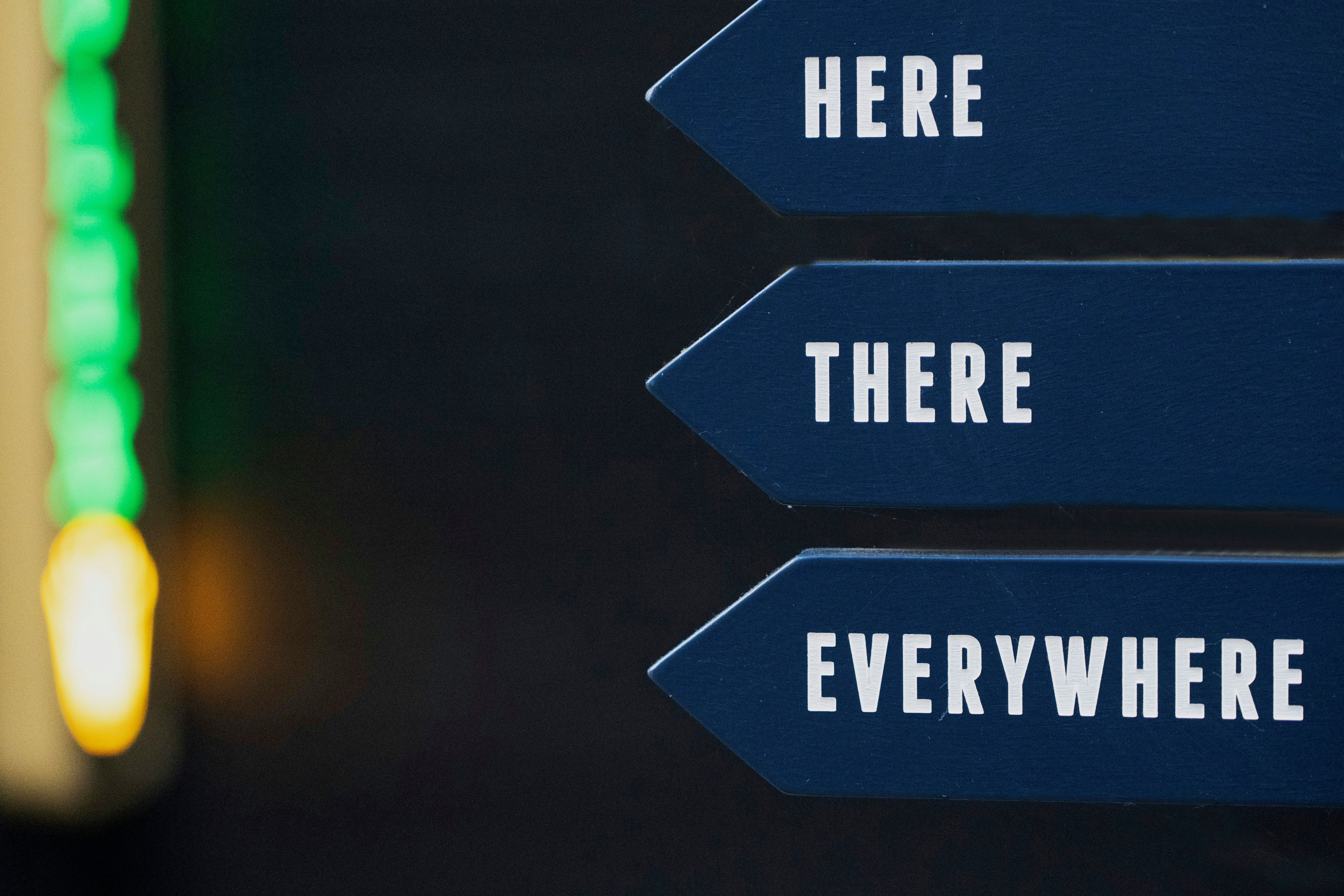Artificial Intelligence won't eradicate creativity, instead, it'll amplify the need for it.
The music industry is witnessing a significant transformation, marked less as a shift and more as a turning point. Artificial Intelligence (AI) isn't merely a new plugin or a hype wave; it's altering the very dimensions of creativity itself. By compressing production time, expanding access, and provoking creators to confront unavoidable questions, AI is disrupting the music industry in 2025. Helmuts Bems, CEO of Sonarworks, shares his insights on this transformation, balancing the promises and challenges of AI.
AI's Presence in Music Studios
AI technologies are becoming omnipresent. Producers are relying on AI for faster ideation, sound engineers are experimenting with AI mastering, and vocalists are using voice transformation plugins to create otherworldly sounds. A surprising finding from our research? Despite the widespread use, few are willing to discuss AI openly, possibly due to a lingering sentiment that it violates some fundamental principles of authorship.
Everybody's Playing the AI Game
Behind closed doors, almost every professional has tested, used, or covertly adopted AI tools in their workflow. Deadlines don't wait, budgets don't linger, and AI delivers results. Our research recognized this reality, shedding light on a not-so-secret truth within the industry.
A Paradox: AI as Both Threat and Savior
The biggest threat to artists isn't AI assistance; it's AI replacement. Ironically, the very tools meant to empower creators also serve as a barrier against being overrun by entirely synthetic music. This is a broad overview of the music industry landscape in the era of AI and the expected outcomes for various groups:
- Producers and composers: These individuals stand to gain substantially if they adapt to AI swiftly.
- Session musicians: They are at risk, particularly those in commercial work.
- Indie artists: They may find increased creative freedom, but they also face increased competition.
- Record labels: Struggling to defend legacy systems, they confront significant challenges.
- Platforms & AI toolmakers: They are poised to gain the largest share of future revenue.
The music industry has evolved into a productivity economy where output is more valuable than ever. However, identity remains crucial—the human touch in a deluge of generated content.
Meaning Over Quantity
AI will soon exceed humans in the sheer volume of music it can produce. Although AI can mimic form, genre, and tone, it struggles to channel emotions like heartbreak, rebellion, or longing. In underground jazz shows, one can feel a transcendental energy. It cannot be coded; it must be felt. The essence of music lies in the tension between precision and imperfection. AI makes everything simpler, but that does not mean it will always make things better.
A Look Ahead
By 2026, we can expect the following developments:
- AI-assisted plugins will become ubiquitous in Digital Audio Workstations (DAWs).
- Labels will begin to mark "human-made" music, much like organic food.
- Lawsuits over training data will reshape music copyright law.
And by 2030:
- Real-time AI music generation will become viable for gaming, fitness, and immersive apps.
- Personal music engines trained on human biometrics and mood will dominate consumer experiences.
- Human performance will return as premium art, valued for its live, raw, unfiltered quality.
By 2035:
- We'll see the first AI-only artist with a Grammy.
- We'll pay a premium to watch a human play a Steinway in a quiet room, a reminder of what expression truly means.
A Call to Action
In conclusion, this new era will reward adaptability with integrity.
If you're a creator:
- Embrace AI as a tool, not a rival.
- Foster a brand that emphasizes your humanity, not just your output.
- Learn smart strategies for production, curation, and promotion.
If you're in business:
- Understand that your competitors may not be other humans.
- Rethink how rights, royalties, and reputation are valued in the marketplace.
- Anticipate a new model where platforms wield power, but trust remains currency.
- With AI mastering, artists are now finding new ways to manipulate their sounds, pushing the boundaries of conventional music production.
- The music business landscape in 2025 is marked by a paradoxical relationship with AI, as it both threatens to replace artists and empowers them.
- As Pioneers in the field, producers are poised to thrive in this AI-focused era, provided they adopt the new technology with agility and integrity.




